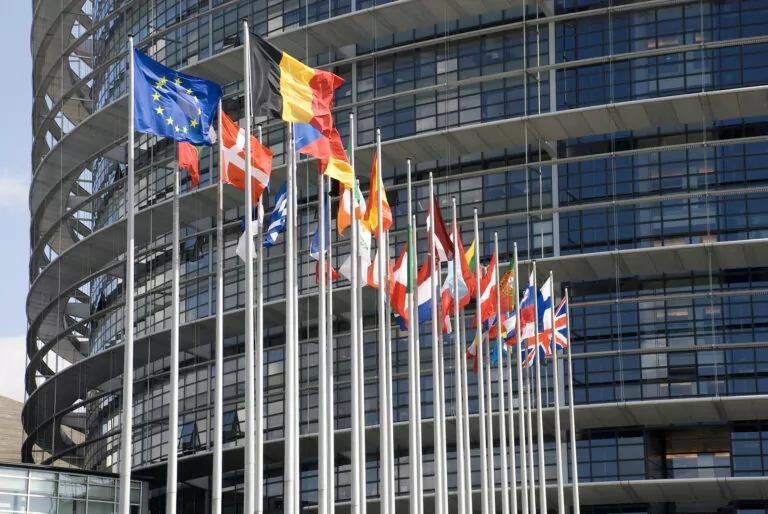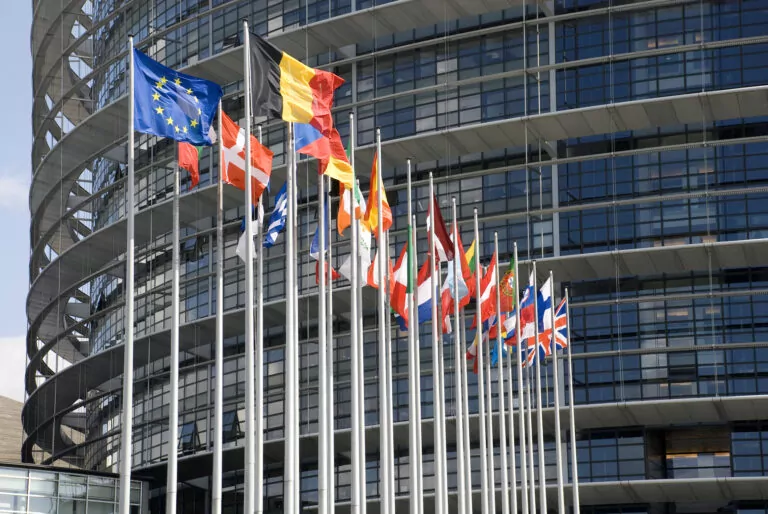Add to favorites:
Share:
Expected Outcome
Project results are expected to contribute to all of the following expected outcomes:
- Increased use of policies to mitigate the negative consequences of gentrification and enhance its positive impacts (e.g. revitalization, sustainable economic growth, diversity and integration) in urban, peri-urban, and rural neighbourhoods[1].
- Increased capacity of local policymakers to anticipate and mitigate the negative consequences of gentrification when designing and implementing policies in alignment with the New European Bauhaus.
- Empowered local communities[2] engaging in decision-making processes to mitigate the negative consequences of gentrification due to the regeneration of neighbourhoods.
Scope
Strategies and interventions to regenerate neighbourhoods may lead to gentrification, a process that can bring revitalization, sustainable economic growth, diversity and integration but also segregation, insecurity, exclusion, displacement, loss of cultural identity, and socio-economic inequality. Mitigating the negative consequences of gentrification cannot be achieved without policy innovation.
This topic supports informal networking among neighbourhoods to exchange knowledge and experiences, build their capacity, facilitate innovation in policymaking to mitigate the negative consequences of gentrification – including green gentrification[1] – that may result from interventions aligned with the New European Bauhaus.
Proposals are expected to address all of the following:
- Create a bottom-up network of neighbourhoods with a (potential) risk of gentrification, to facilitate peer exchange among all relevant stakeholders. Proposals should aim for the participation of at least 15 neighbourhoods located in urban, peri-urban and rural areas from different Member States and Associated Countries.
- Map neighbourhoods’ needs, challenges, trends and opportunities to inform policies and interventions that mitigate the negative consequences of gentrification and of integrating the New European Bauhaus values and principles[4].
- Identify, document, and disseminate current knowledge, evidence, policy design, tools, and best practices for tackling gentrification and translate the results into useful tools that address the identified needs, challenges and opportunities.
- Support local decision makers in better understanding:
- The main drivers of gentrification (such as overtourism, interim use and short term rental markets).
- The effect of housing market speculation, rental agreements and (lack of) housing policies (e.g. fiscal measures, funding instruments, legislative measures) on gentrification.
- The effects of gentrification on different socio-demographic groups, as well as on local identities and cultural heritage.
- The interplay between urban, peri-urban and rural gentrification.
- Address the issue of gentrification in the participating neighbourhoods through at least one of the following actions:
- Develop or revise local policies (such as those on social/economic/urban development, housing, planning, mobility, green transition) to mitigate the negative consequences of gentrification.
- Develop neighbourhood regeneration strategies that include measures to mitigate the negative consequences of gentrification.
Proposals are expected to follow a participatory and transdisciplinary approach[5] through the integration of different actors (such as local or regional public authorities, local actors from the targeted neighbourhoods, civil society, private owners, cultural institutions, etc.) and disciplines (such as architecture, urban design, design, arts, (civil) engineering).
This topic requires the effective contribution of social sciences and humanities[1] (SSH) disciplines and the involvement of SSH experts, institutions as well as the inclusion of relevant SSH expertise, in order to produce meaningful and significant effects enhancing the societal impact of the related research activities.
Proposals are expected to dedicate at least 0.2% of their total budget to share their intermediate and final results and findings with the Coordination and Support Action 'New European Bauhaus hub for results and impact' (HORIZON-MISS-2024-NEB-01-03).
[1] See definition in the Glossary section of the NEB part of the HE WP25.
[2] See definition in the Glossary section of the NEB part of the HE WP25
[3] See definition in the Glossary section of the NEB part of the HE WP25.
[4] See definitions of NEB values and NEB working principles in the Glossary section of the NEB part of the HE WP25.
[5] See definition on NEB working principles in the Glossary section of the NEB part of the HE WP25
[6] See definition in the Glossary section of the NEB part of the HE WP25.
Partner Requests
Explore Real Collaboration Opportunities
🔍 As a logged-in member, you now have exclusive access to all active Partner Requests for this Funding Call.
See who’s looking for collaborators, explore exciting project ideas, and discover how others are planning to make an impact.
💡 Use these insights to get inspired—or take the next step and start a request of your own (3 entries for free).
Log in or registrate here for free.
You must be logged in to submit or manage a partner request.
Ask our experts about this call
Connect with the Listing Owner!
💬 Please log in now to send a direct message to our experts and ask your questions. Not a member yet? Sign up for free and start connecting today!
Related Funding and Finance Opportunities
Unlock Exclusive Funding Opportunities!
🔑 Get instant access to tailored funding opportunities that perfectly match your needs. This powerful feature is exclusively available to our premium members—helping you save time, stay ahead of the competition, and secure the right funding faster.
Upgrade to Premium now and never miss an important opportunity again! Already a premium member? Log in here to explore your matches.
Related Innovation Offers
Related Knowledgebase Resources
Discover More with Premium: Related Knowledge Resources
🔒 You’re missing out on expert-curated knowledge specifically matched to this topic. As a Premium member, you gain exclusive access to in-depth articles, guides, and insights that help you make smarter decisions, faster.
Whether you’re preparing a funding proposal, researching a new market, or just need reliable information—our Premium knowledge matches save you hours of research and point you directly to what matters.
Upgrade to Premium now and instantly unlock relevant knowledge tailored to your needs! Already a member? Log in here to view your personalized content.
Access Restricted
This funding opportunity is only fully available to premium members.











